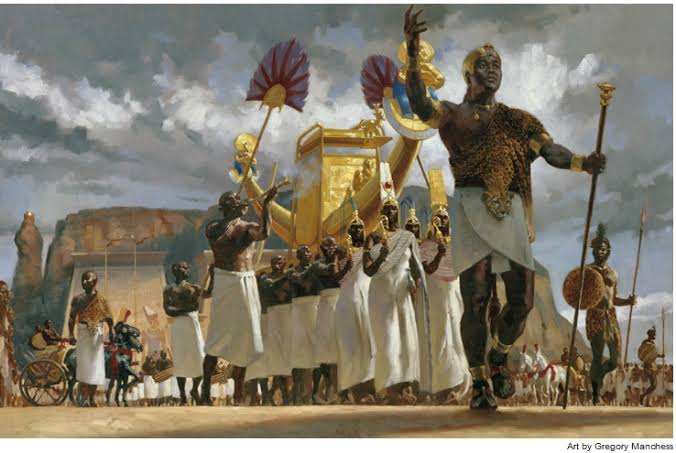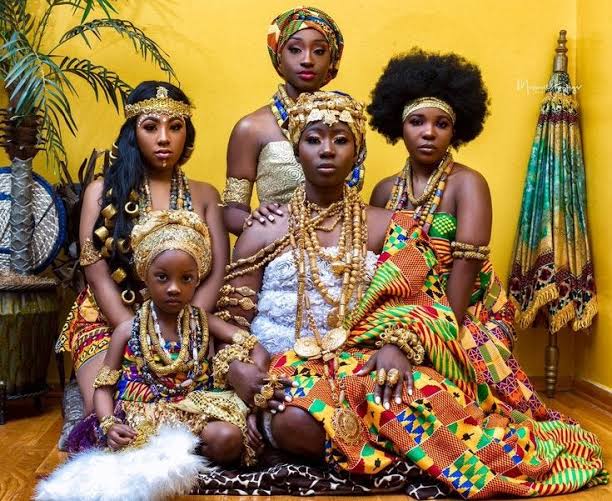Africa, often celebrated for its diverse cultures, landscapes, and wildlife, is also home to a rich tapestry of monarchies that have played pivotal roles in shaping the continent’s history. While African royalty may not be as well-known as European monarchies, their history is equally fascinating and reflects the continent’s deep cultural, social, and political diversity. In this article, we embark on a journey to explore the captivating world of African monarchies, unveiling their historical significance, cultural traditions, and enduring legacies. Whether you’re a history enthusiast or simply curious about Africa’s regal past, join us in this exploration of African royalty.

**1. The Diversity of African Monarchies**
African monarchies are incredibly diverse, with each region having its unique forms of royalty, titles, and traditions. From the powerful empires of West Africa to the lesser-known kingdoms of East and Southern Africa, the continent boasts a wide array of royal histories.
**2. Ancient Egypt: The Pinnacle of African Royalty**
The history of African monarchy finds its zenith in ancient Egypt, where pharaohs ruled for thousands of years. The grandeur of the Egyptian monarchs, their tombs, and their contributions to civilization continue to captivate the world’s imagination.
**3. West African Empires: Mali, Ghana, and Songhai**
West Africa was home to powerful empires like Mali, Ghana, and Songhai, where monarchs held immense influence. These empires played a crucial role in the trans-Saharan trade and the spread of Islam.
**4. The Zulu Kingdom: A Legacy of Warriors**
The Zulu Kingdom in Southern Africa is renowned for its warrior kings, most notably King Shaka. Their military prowess and cultural contributions are integral to the history of Southern Africa.
**5. Ethiopia: The Solomonic Dynasty**
Ethiopia’s Solomonic Dynasty claims descent from the biblical King Solomon and the Queen of Sheba. The monarchy’s history is intertwined with the Ethiopian Orthodox Church and the country’s unique cultural heritage.
**6. The Ashanti Empire: Guardians of Tradition**
The Ashanti Empire in present-day Ghana is known for its rich cultural traditions and royal regalia. The Golden Stool, a symbol of the empire’s unity, remains a potent emblem of Ashanti royalty.
**7. Modern African Monarchies**
While some African monarchies have historical roots, others continue to play important roles in contemporary society. Countries like Morocco, Lesotho, and Swaziland (Eswatini) have monarchs who wield influence in their nations’ politics and culture.
**8. Royal Traditions and Ceremonies**
African monarchies are steeped in tradition and ceremony. These rituals, such as coronations, enthronements, and ancestral rites, provide a glimpse into the deep-rooted customs that continue to shape African royalty.
**9. Challenges and Adaptations**
African monarchies have faced numerous challenges, from colonialism to modern democracy. Some have adapted to remain relevant in today’s world, while others are navigating the complexities of coexisting with democratic governments.
**10. Preserving Cultural Heritage**
Many African monarchies play a crucial role in preserving cultural heritage and promoting tourism. Visitors can experience the richness of African royal traditions through palace tours, festivals, and cultural exhibitions.

The history of African royalty is a testament to the continent’s rich and diverse cultural heritage. From ancient Egypt to the powerful empires of West Africa and the enduring traditions of modern African monarchies, these stories showcase Africa’s deep historical roots and cultural contributions to the world. As we unveil the rich history of African monarchies, we gain a deeper appreciation for the continent’s vibrant tapestry of cultures and the enduring legacies of its royal families. In doing so, we celebrate the role of African royalty in shaping the past and continuing to influence the present and future of the African continent.

